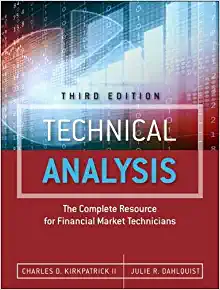Question
You are considering three investments. The first is a bond that is selling in the market at $1,200. The bond has a $1,000 par value,
You are considering three investments. The first is a bond that is selling in the market at $1,200. The bond has a $1,000 par value, pays interest at 14 percent, and is scheduled to mature in 12 years. For the bonds of this risk class you believe that a 12 percent rate of return should be required. The second investment that you are analyzing is a preferred stock ($100 par value) that sells for $80 and pays an annual dividend of $12. Your required rate of return for this stock is 14 percent. The last investment is a common stock ($35 par value) that recently paid a $3 dividend. The firms earnings per share have increased from $4 to $8 in 10 years, which also reflects the expected growth in dividends per share for the indefinite future. The stock is selling for $25, and you think a reasonable required rate of return for the stock is 20 percent.
a. Calculate the value of each security based on your required rate of return.
b. Which investment(s) should you accept? Why?
c. If your required rates of return changed to 14 percent for the bond, 16 percent for the preferred stock, and 18 percent for the common stock, how would your answers change to parts (a) and (b)?
d. Assuming again that your required rate of return for the common stock is 20 percent, but the anticipated constant growth rate changes to 12 percent, would your answers to parts (a) and (b) be different?
Step by Step Solution
There are 3 Steps involved in it
Step: 1

Get Instant Access to Expert-Tailored Solutions
See step-by-step solutions with expert insights and AI powered tools for academic success
Step: 2

Step: 3

Ace Your Homework with AI
Get the answers you need in no time with our AI-driven, step-by-step assistance
Get Started


